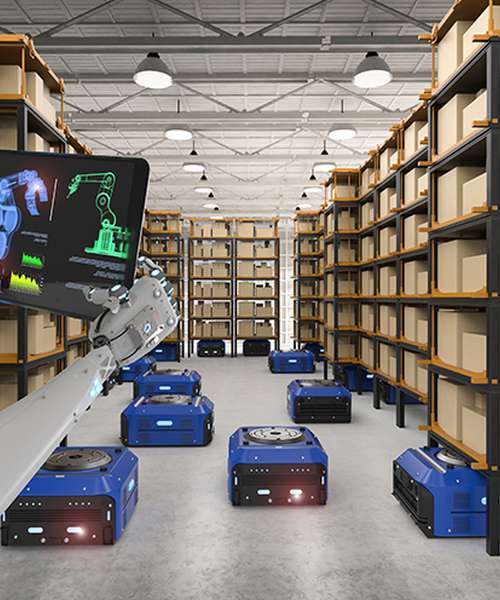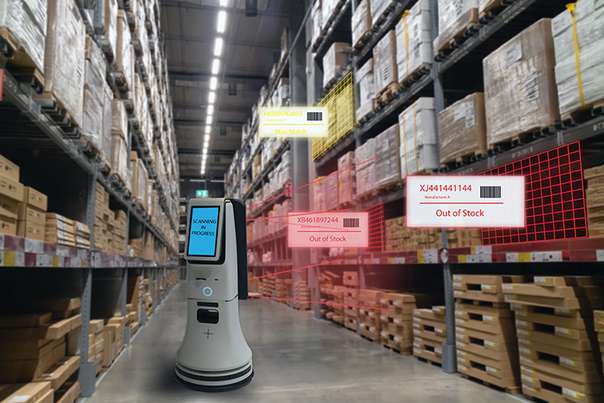Intelligent and Proactive Optimisation for Service-centric WirelEss NEtworks
Reliable and efficient wireless connectivity is a necessity today for most businesses and industries in a broad range of sectors. These include education, finance, healthcare, transport, utilities, logistics, mining and manufacturing. As service demands increase, current wireless networks will face a variety of challenges that will be almost impossible to effectively manage. Funded by the Marie Skłodowska-Curie Actions programme, the IPOSEE project proposes a multidisciplinary approach to automating the optimisation of wireless service-oriented networks. This will involve developing AI algorithms that can anticipate shifts in service demand and intervene to enhance networks. In addition, it will involve streamlining access networks and providing network service with improved performance and reliability at lower costs.




Digital transformation
Wireless networks have become indispensable to citizens, enterprises and vertical industries, e.g. transport (including autonomous vehicles and drones), logistics, utilities and manufacturing, because wireless connectivity is essential to the digital transformation of industrial and business processes and customer experiences. As a result, wireless networks are facing increasingly diverse service requirements, which indicate that existing reactive network management will be insufficient, while intelligent and proactive control of service-centric networks becomes essential.

Automated wireless service
Future intelligent wireless networks rely on several multidisciplinary breakthroughs: (i) Artificial Intelligence (AI) algorithms that can accurately predict spatial-temporal patterns of service demand and thereby drive proactive optimisation of wireless networks, (ii) reconfigurable radio access networks (RAN) and wireless environments, and (iii) automated wireless service provisioning with reduced cost, improved performance and greater reliability. Current research to automate the optimisation of service-centric wireless networks using data-driven AI is facing many open challenges that need to be urgently addressed. In this project, we will take advantage of growing data availability and advanced data science technologies, as well as AI algorithms and techniques to deliver the above identified multidisciplinary breakthroughs, thereby enabling reliable automated wireless service provisioning.

Implementation
- Develop probabilistic deep-learning algorithms to provide fine-grained forecasts of traffic patterns with uncertainty quantification and context knowledge for individual/aggregated services.
- Jointly optimises the placement and configuration of multi-antenna APs and IRSs and the propagation environment (i.e., building materials and layouts) to cost-effectively meet the traffic patterns predicted.
- Develop three selected RAN-optimisation applications and an AI-enabled probabilistic optimisation engine as containerised microservices for O-RAN RIC, and develops public APIs to integrate them with other RIC applications.
Research News
-
 Company news, Research News
Company news, Research NewsRanplan Wireless Awarded Research Grant to accelerate transition to a Cloud-native Architecture
-
 Company news, Research News
Company news, Research NewsRanplan awarded €225K EU research project to optimise 5G network slicing
-
 Company news, Research News
Company news, Research NewsRanplan Wireless has been awarded €600k for an EU 5G network slicing research project
-
 Company news, Research News
Company news, Research NewsRanplan Wireless wins £300k contract from UK Government to develop data analytics platform to predict city congestion and power urban smart mobility
Discover how Ranplan Professional can help you achieve accurate network design and significant cost savings
Explore Ranplan Professional